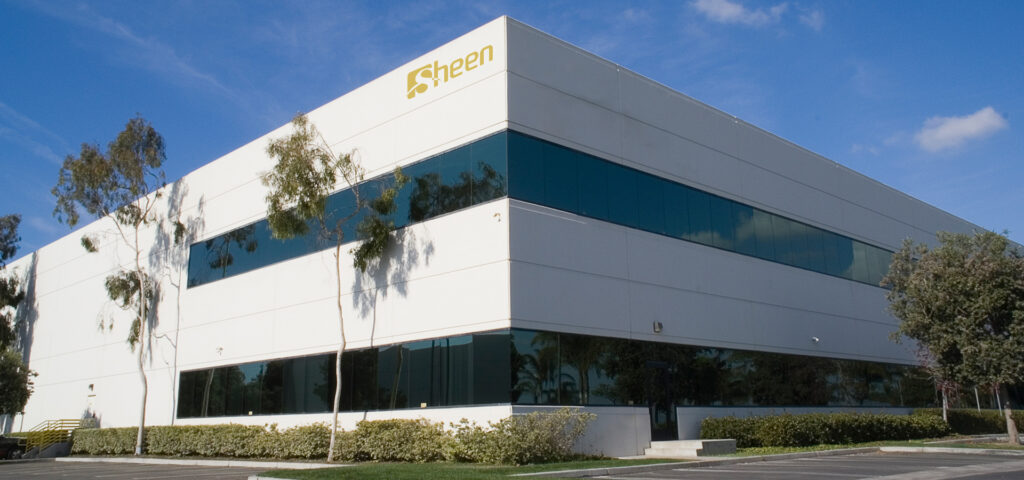As a clothing export manager with over 12 years in the industry, I’ve witnessed countless buyers make the same costly mistake: rushing to partner with the “cheapest” factory without first aligning their needs with the manufacturer’s capabilities. The result? Late deliveries, poor-quality garments, or even broken trust that derails entire product lines.
Selecting the right factory isn’t just about comparing price lists—it’s about building a partnership that drives profitability, quality, and long-term success. Whether you’re a small boutique sourcing your first collection or a large retailer scaling up, this guide will walk you through the critical steps to find a factory that delivers exactly what you need.

1. Start with Your Requirements: Define What “Success” Looks Like
Before reaching out to factories, clarify your non-negotiables. Vague goals lead to mismatched partnerships. Ask yourself:
- Order Volume: Are you ordering 500 units (small batch) or 50,000+ (large-scale production)? Factories specialize in different sizes—small workshops may struggle with big orders, while mega-factories might overlook small clients.
- Product Type: Are you sourcing basic t-shirts, complex knitwear, or technical activewear? A factory with expertise in lace trimming won’t excel at producing water-resistant jackets.
- Quality Standards: Will your customers demand luxury finishes (e.g., hand-stitched details) or prioritize affordability (e.g., fast fashion)? Specify tolerances for defects (e.g., no loose threads, color consistency within ΔE 1.5).
- Ethical & Compliance Needs: Do you require OEKO-TEX®-certified fabrics, fair wages, or eco-friendly dyes? More than 60% of global buyers now prioritize sustainability—aligning your factory’s practices with your brand values is non-negotiable.
2. Vet Factories: Dig Beyond the Website
A polished website doesn’t guarantee reliability. Dig deeper to assess a factory’s true capabilities:
- Factory Tour (In-Person or Virtual): If possible, visit the facility to observe:
- Production Lines: Are machines well-maintained? Is the workflow organized (cutting → sewing → finishing)?
- Workforce: Are workers trained in quality control? Do they seem engaged (not rushed or fatigued)?
- Warehouse: Is inventory managed efficiently? Are raw materials stored properly (e.g., cotton away from moisture)?
For remote buyers, request a live virtual tour via Zoom—pay attention to cleanliness, equipment condition, and staff professionalism. - Sample Room Expertise: A strong factory will have a dedicated sample team. Ask to see samples of their past work, especially for similar products. Check:
- Stitching consistency (e.g., 12 stitches per inch for denim vs. 8 for knit tops).
- Print/screen quality (no cracks, even color distribution).
- Fit accuracy (match your tech pack measurements precisely).
- Certifications: Look for industry-standard certifications that validate quality and ethics:
- ISO 9001 (quality management).
- SA8000 (social accountability).
- GOTS (global organic textile standard) for sustainable lines.
3. Test the Waters with Small Orders First
Never commit to a large order without testing the factory’s reliability on a smaller scale. Here’s why:
- Quality Control in Action: A small trial order (e.g., 200–500 units) reveals how the factory handles real-world challenges. Do they meet deadlines? Fix defects promptly? Communicate openly about delays?
- Flexibility: Can they accommodate last-minute changes (e.g., adjusting a sleeve length, switching fabric)? A rigid factory may struggle with custom requests, costing you time and money.
- Communication Style: Pay attention to responsiveness. Do they reply to emails within 24 hours? Assign a dedicated account manager? Miscommunication is the top cause of production delays—alignment here is key.
4. Negotiate Transparent Terms: Avoid Hidden Costs
Price is important, but transparency matters more. Here’s what to clarify upfront:
- Cost Breakdown: Request a detailed quote that includes:
- Fabric cost (per yard/meter).
- Labor (sewing, finishing, packaging).
- Overhead (utilities, machinery maintenance).
Avoid factories that offer “too-good-to-be-true” rates—they may cut corners on materials or labor. - Payment Structure: Most factories require a 30% deposit, with the balance paid before shipment. For new partnerships, consider using a letter of credit (LC) to protect both parties.
- Penalties for Delays: Include clauses for late delivery (e.g., 0.5% discount per day over the agreed timeline). This incentivizes the factory to prioritize your order.
5. Build Long-Term Relationships: It’s Not Just About One Order
The best factories value repeat business. Once you’ve found a reliable partner, nurture the relationship:
- Feedback Loops: Share post-production feedback (e.g., “The collar stitching was perfect, but the hem needs reinforcement”). Factories appreciate constructive input and will adjust processes for future orders.
- Volume Commitments: If you plan to scale, discuss volume incentives (e.g., lower per-unit costs for 10,000+ units). Factories often invest in better equipment or training for long-term clients.
- Collaborative Innovation: Share your customers’ trends (e.g., “Next season, we need more sustainable fabrics”). A forward-thinking factory will help you stay ahead of the curve—maybe even suggest new materials or designs.
Red Flags to Avoid
- Vague Responses: If a factory can’t answer questions about their supply chain (e.g., “Where do you source cotton?”) or refuses to share certifications, walk away.
- Overpromising: No factory can deliver “perfect quality at half the market price.” If it sounds too good, it likely is.
- Poor Communication: A factory that ignores your calls or takes days to reply to emails will only cause stress during production.
Final Thoughts: The Right Factory is Your Partner, Not Just a Vendor
Choosing a garment factory is about more than ticking boxes—it’s about finding a partner who shares your commitment to quality, ethics, and growth. By clarifying your needs, vetting thoroughly, and nurturing the relationship, you’ll build a supply chain that drives your business forward.
At Sheen, we’ve spent decades connecting brands with trusted factories worldwide. Whether you need a small workshop for artisanal knitwear or a large factory for fast-fashion basics, our network of pre-vetted manufacturers ensures you get the quality, speed, and value you deserve.
Ready to start your factory search? Visit our [Sheen Blog] for in-depth guides on factory audits, cost negotiation, and sustainability partnerships. Have questions about specs, lead times, or quotes? Drop us an inquiry—we’re here to help you build something amazing.

